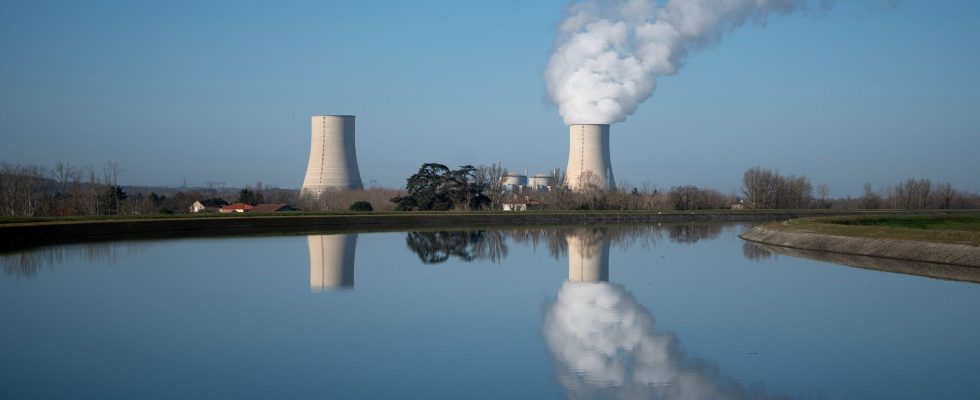How to finance the revival of nuclear power and more broadly the ecological transition? The government will one day have to provide a clear answer to this question. Admittedly, the Minister for the Economy Bruno Le Maire is already suggesting a few avenues: abolition of tax loopholes on fossil fuels, increased taxes on thermal vehicles, mobilization of French savings and the European Investment Bank, financing by companies… But this may not be enough, as the amounts to be released are colossal.
In a recent report by France Strategy, economist Jean Pisani-Ferry estimates the amount of investment needed to achieve carbon neutrality by 2050 at around 66 billion euros per year. ‘State. This sum could even rise to 80 billion if, for example, total sales of electric vehicles increase faster than expected. By way of comparison, tax loopholes unfavorable to the climate cost “barely” more than 7 billion per year to the State, according to official figures.
Aware of these orders of magnitude, the authors of the report recommend exceptionally and temporarily taxing the financial assets of the richest 10% of French people and letting the debt run, which would thus swell by 9 points of GDP by 2030. and 25 points of GDP by 2040. But these two options are currently coming up against political and economic realities. Even a “green ISF” would only bring in 5 billion per year and the government does not want it. Moreover, it is hard to imagine our country imposing a spectacular drift in its debt to Brussels, even if the ongoing reform of the stability pact will give a little more room for maneuver in the future for decarbonisation. How to get out of the impasse? By working more? By relying on innovation? There is no magic wand. But for now, the financial equation does not buckle.
